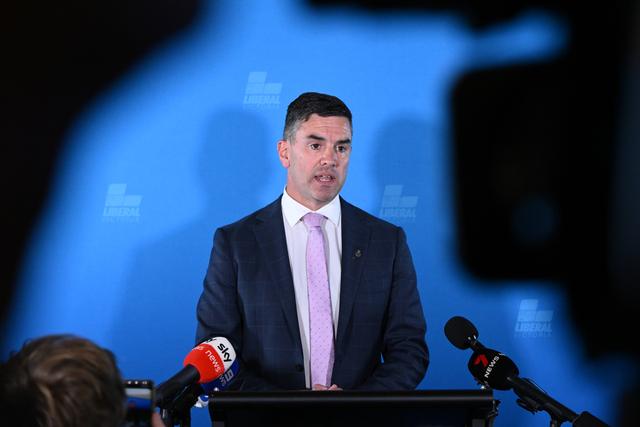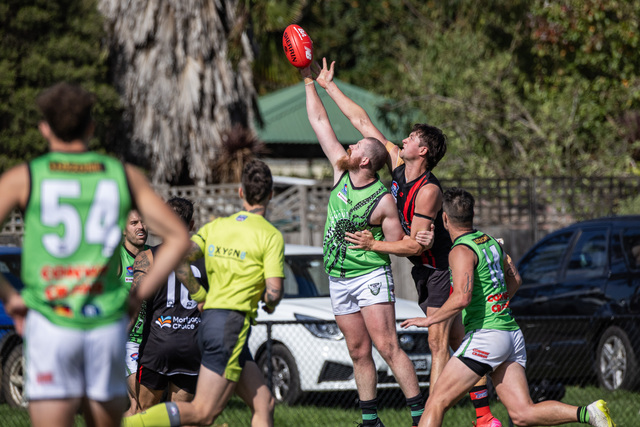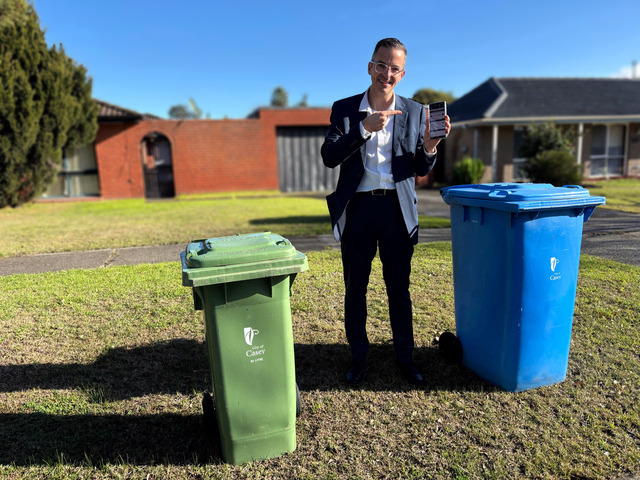A surge in sexually transmissible infections (STIs) in Casey is prompting calls for locals to look after their own sexual health and get tested.
To mark the second STI Testing Week, 9-15 September 2018, the Department of Health and Human Services is encouraging all Victorians to start talking about STIs, to get tested and to seek treatment.
“The last decade has seen record increases in STIs such as chlamydia, gonorrhoea and syphilis, here and across Australia,” deputy chief health officer Dr brett Sutton said.
“In 2017, Victoria had the highest number of STIs reported since records began in 1991.”
Between 2012 and 2017 in Casey, population rates of gonorrhoea have risen by 209 per cent.
“While this can be associated with more testing, improved testing technology and a growing population, this rise is also linked to changing sexual behaviours,” Dr Sutton said.
“In particular, social media, dating websites and apps are changing the way we meet, connect and form relationships.
“There are many types of STIs. The good news is most are curable and all are treatable. If left untreated, they can cause long term effects on the body, including infertility.
“STIs don’t care about age, sexuality, income or where you live. If you’re having sex, the best way to prevent STI transmission is to always use a condom – they are the best protection for you and your partner.”
It is estimated that around one in every six people will get an STI – and most don’t even know it.
Chief preventive health officer Dr Bruce Bolam said STI Testing Week – with the theme Talk, Test, Treat – is a timely reminder for sexually active people to be aware, to take action and help stop the spread of STIs.
“If you’re having sex with a new partner or don’t always use a condom, it’s recommended that you get an STI test,” Dr Bolam said.
“STIs often have no signs or symptoms, and testing will ensure you and your partner don’t have to live with potentially serious, long-term consequences from a treatable infection.”
“This week we are highlighting the importance of regular STI testing, where and how to get treatment, and how to take a proactive approach to sexual health to help prevent STIs.
“It is important to let your sexual partner or partners know if you have an STI so that they too can be treated. This discussion is a vital step in preventing further infection in the community.”
STI testing is available from your local doctor, family planning clinics, community health services, Aboriginal Community Controlled Health Organisations and specialist sexual health clinics.
Tests are quick, easy and confidential. For more information visit www.betterhealth.vic.gov.au/STI







